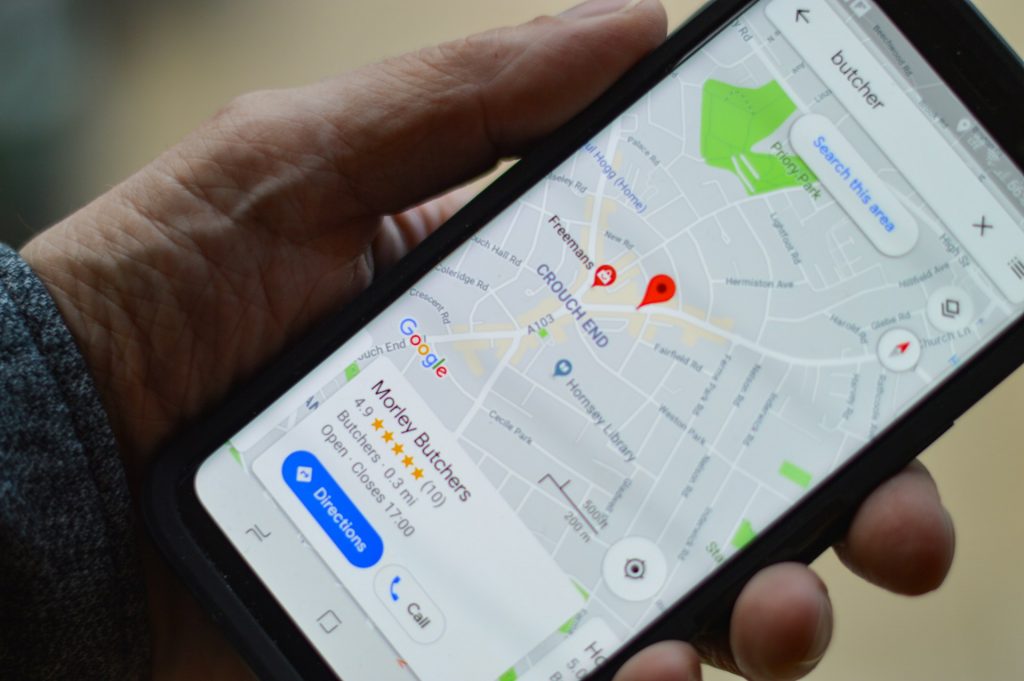Google Maps has just rolled out new features to boost user data privacy. Now, you have more say in managing your Location...

Image Credits: unsplash
Google Maps has just rolled out new features to boost user data privacy. Now, you have more say in managing your Location History. But, be aware – these changes might shake up the analytics data marketers rely on for location targeting.
Google Maps is enhancing privacy with a significant update to the Timeline feature. Now, if you have Location History enabled, your Timeline will be stored directly on your device instead of cloud servers, giving you more control over your location data and ensuring added privacy. If you switch phones or fear losing your device, you still have the choice to back up your Timeline to the cloud. Storing data on devices and having deletion tools might reduce the location info advertisers use for targeting ads. This could affect campaigns that heavily depend on location-based targeting.
When Google Maps users turn on the auto-delete feature for Location History, it now defaults to a three-month lifecycle, down from the previous 18 months. Users can customize this setting, extending the duration or turning off location tracking altogether. This shift may make users more mindful of sharing location data, influencing alterations in search patterns and potentially affecting the performance of location-based keywords and ad content.
Ads that focus on user privacy and control could connect better with users. This could mean showcasing opt-in options for location sharing or being upfront about transparent data usage policies.
In the next few weeks, Google Maps will let you manage location info for specific places in the app. Also, the blue dot on the map showing your current location will now be a shortcut to location settings. With a quick tap, you can check if Location History or Timeline is on and if Maps can use your device’s location data. This could be handy for holiday shopping or planning surprises, letting you keep your digital trail under wraps.
If Google Maps reduces location data, relying on user interests and online behavior for contextual targeting could become crucial. These updates, coming to Android and iOS over the next year, show Google’s dedication to user privacy.
Recommended:
SEO Tools Aren’t the Writing Guides You Need – Google’s Advice.
Rapid Launch of Intel 5th Gen Xeon Scalable Processors.
Google Introducing New AI feature in Google Maps.